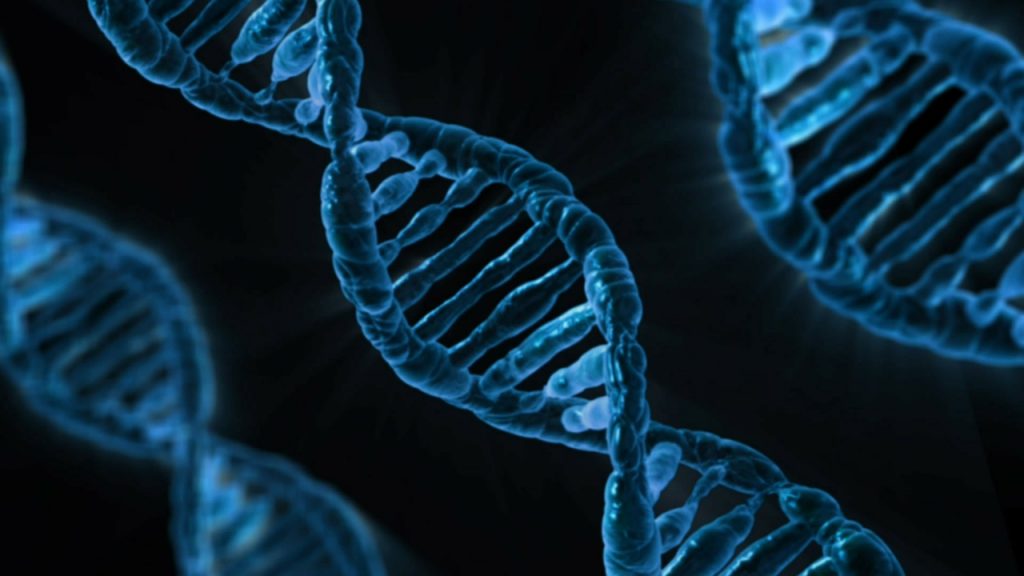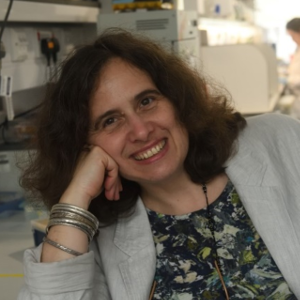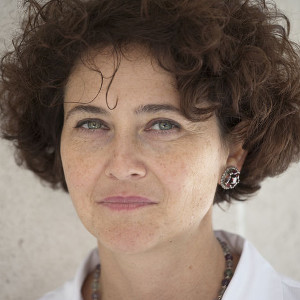Epigenetics and epigenomics come to F1000Prime
| 16 May, 2018 | Steven Lokwan |
|

|
Steven Lokwan, Director of Operations at F1000Prime, unveils the new Epigenetics and Epigenomics section

With roots in the study of evolution and development, over the past 50 years, the field of epigenetics has transformed our understanding of the molecular mechanisms underlying heritable changes, other than those in the DNA sequence. However, it wasn’t until the late 1970s through to the early 1990s, based on the ground-breaking work by the pioneers of genomics, that an exciting new frontier opened up allowing for the study of epigenetic modification at a much larger level than a single gene, namely epigenomics.
These fields are uniquely placed to make valuable contributions to our understanding of the genome because they yield quantitative multiplex information that is revolutionizing our understanding of epigenetic processes in development and the fighting of disease states such as congenital inherited disorders and cancers. It is, therefore, fitting that F1000Prime now recognizes the crucial role these fields are playing with the launch of a dedicated Epigenetics and Epigenomics Section in our Genomics & Genetics Faculty covering the following fields:
- Chromatin remodeling
- Chromatin transcription
- Dosage compensation and imprinting
- Emerging technologies
- Epigenetics
- Epigenetics and disease
- Epigenomics
- Gene silencing
- Leukocyte dynamics
- Modeling
- Nuclear dynamics
- Stem cell and development/re-programing and development
I am delighted to welcome Anne Ferguson-Smith, Edith Heard and Danny Reinberg as our inaugural Sections Heads for Epigenetics & Epigenomics:
 Anne Ferguson-Smith, an authority on genomic imprinting and the epigenetic control of genome function in health and disease and recognized for her work on parental-origin effects and epigenetic mechanisms, is the Arthur Balfour Professor of Genetics and Head of the Department of Genetics at the University of Cambridge, UK.
Anne Ferguson-Smith, an authority on genomic imprinting and the epigenetic control of genome function in health and disease and recognized for her work on parental-origin effects and epigenetic mechanisms, is the Arthur Balfour Professor of Genetics and Head of the Department of Genetics at the University of Cambridge, UK.
“The true potential of epigenetics and epigenomics is now becoming fully realised. The increasing amounts of new and better integrated datasets are allowing a more comprehensive and detailed understanding of the contribution of epigenetics to developmental and disease processes. As increasingly more findings are emerging, it gets difficult to stay on top of the literature so it seems particularly timely for F1000Prime to launch a dedicated Section for this field. I am delighted to be working with Edith and Danny as inaugural Section Heads, and we do hope that this will quickly become an indispensable tool for all.”
 Edith Heard, noted for her studies of X chromosome inactivation, is Chair of Epigenetics and Cellular Memory at the Collège de France, France and Director of the Genetics and Developmental Biology Department at the Curie Institute, France. As of January 2019, she will also be Director General of the European Molecular Biology Laboratory (EMBL).
Edith Heard, noted for her studies of X chromosome inactivation, is Chair of Epigenetics and Cellular Memory at the Collège de France, France and Director of the Genetics and Developmental Biology Department at the Curie Institute, France. As of January 2019, she will also be Director General of the European Molecular Biology Laboratory (EMBL).
“By helping researchers to pinpoint articles of special merit, F1000Prime fulfils a unique and important niche in science publishing, to which I am sure the eminent members of our Section will make a key contribution.”
 Danny Reinberg, recognized as a leader in the fields of mammalian transcriptional regulation, chromatin dynamics and epigenetic regulation, is Professor of Biochemistry at the New York University School of Medicine, USA.
Danny Reinberg, recognized as a leader in the fields of mammalian transcriptional regulation, chromatin dynamics and epigenetic regulation, is Professor of Biochemistry at the New York University School of Medicine, USA.
“I am delighted that F1000Prime now represents the fields of epigenetics and epigenomics with a Section of its own. I am honored to co-head this Section with Anne Ferguson-Smith and Edith Heard and am sure it will become an important research resource for anyone working in the field.”
Over the past few months, Anne, Edith and Danny have assembled an incredible group of experts in fields relating to epigenetics to evaluate the literature, and so it is also a pleasure to welcome the following individuals to the F1000Prime Faculty:
Deborah Bourc’his (Insitut Curie, France)
Neil Brockdorff (University of Oxford, UK)
Giacomo Cavalli (CNRS, France)
Marika Charalambous (King’s College, London, UK)
Vincent Colot (École Normale Supérieure, France)
Mark Dawson (Peter MacCallum Cancer Centre, Australia)
Amanda Fisher (Imperial College of Medicine, UK)
Luca Giorgetti (FMI, Switzerland)
Joost Gribnau (Erasmus MC, Netherlands)
Petra Hajkova (MRC London Institute of Medical Sciences, UK)
Brian Hendrich (Univeristy of Cambridge, UK)
Cigall Kadoch (Dana-Farber Cancer Institute and Harvard Medical School, USA)
Gavin Kelsey (Babraham Institute, UK)
Marc Matri-Renom (CNAG-CRG & ICREA, Spain)
Leonid Mirny (MIT, USA)
Claire Rougeulle (CNRS, Université Paris Diderot, France)
Dirk Schübeler (Friedrich Miescher Institute for Biomedical Research, Switzerland)
Jane Skok (NYU Langone Medical Center, USA)
Amos Tanay (Weizmann Institute of Science, Israel)
Wei Xie (Tsinghua University, China)
As I am sure you will agree, the launch of our Epigenetics & Epigenomics Section only further enhances our capacity to help you discover the notable articles in fields that interest you, so please remember to sign up for email alerts for our newest Section to ensure you stay up to date.

|


User comments must be in English, comprehensible and relevant to the post under discussion. We reserve the right to remove any comments that we consider to be inappropriate, offensive or otherwise in breach of the User Comment Terms and Conditions. Commenters must not use a comment for personal attacks.
Click here to post comment and indicate that you accept the Commenting Terms and Conditions.